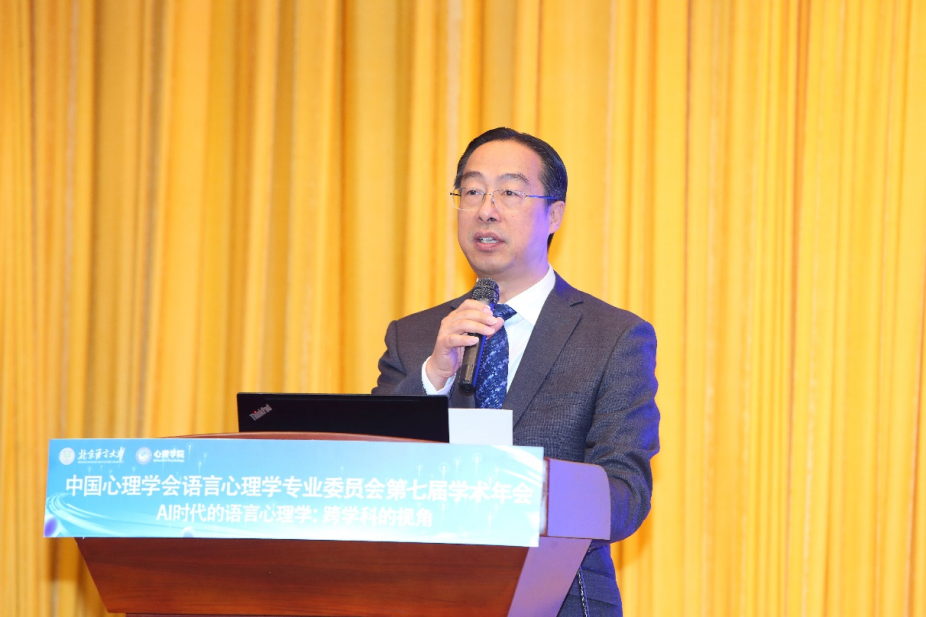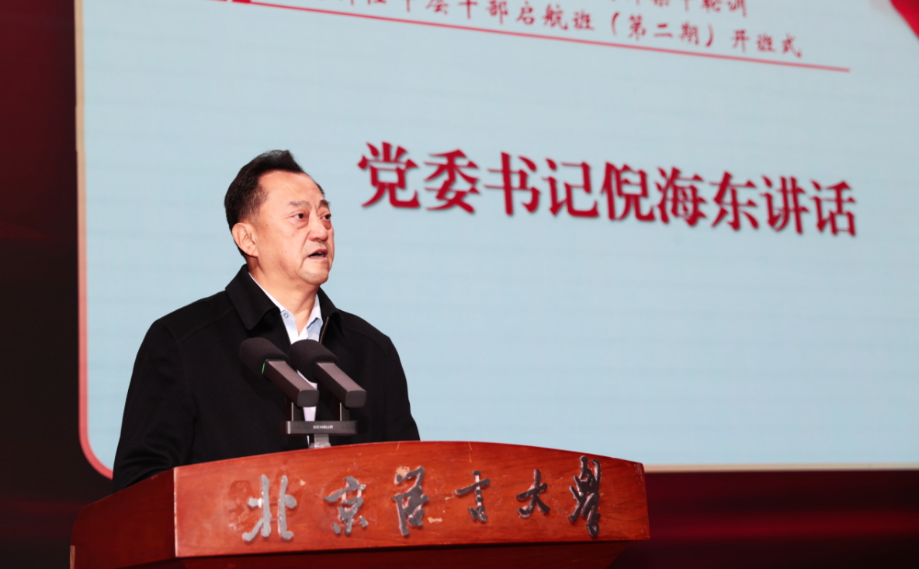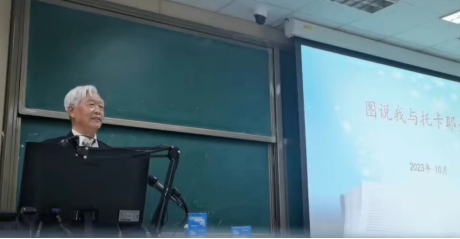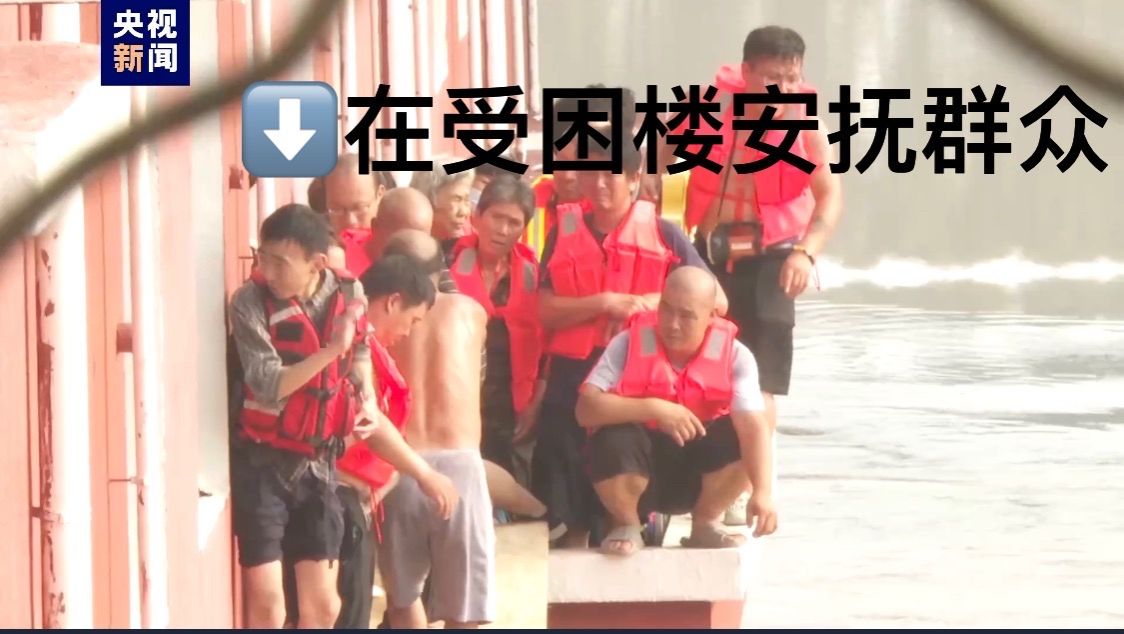BLCU NEWS
08
2024 / 11

08
2024 / 11

08
2024 / 11

08
2024 / 11

08
2024 / 11
11月1日至11月3日,中国心理学会语言心理学专业委员会第七届学术年会在华体会体 顺利召开。本届学术年会由中国心理学会语言心理学专业委员会和华体会体 共同主办、华体会体 心理学院承办。会议以“...
08
2024 / 11
11月1日上午,倪海东书记到语言学系开展调研座谈,深入了解学院“一融双高”建设情况。校长助理、研究生院院长郭鹏,学校办公室主任李志坚,教务处处长王瑞烽,组织部副部长于伟,发展规划与学科建设办公室黄拾全...
08
2024 / 11
根据学校党委统一部署,截至11月4日,学校第十届党委第一轮巡察完成进驻。2个巡察组将对信息科学学院、商学院、语言康复学院开展常规巡察,并就意识形态工作开展专项检查。学校党委书记倪海东,党委常委、副校...
SALON
SALON
08
2024 / 10
20
2024 / 09
19
2024 / 09
BLCU FIGURE




BLCU MEDIA
23
2024 / 01

机关部门